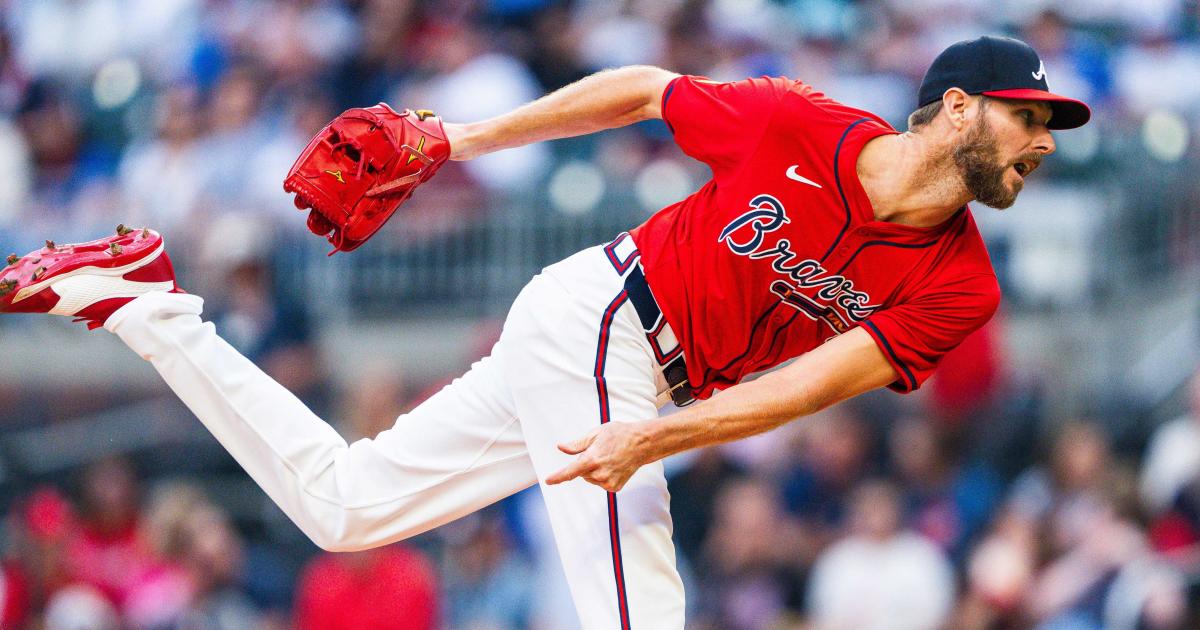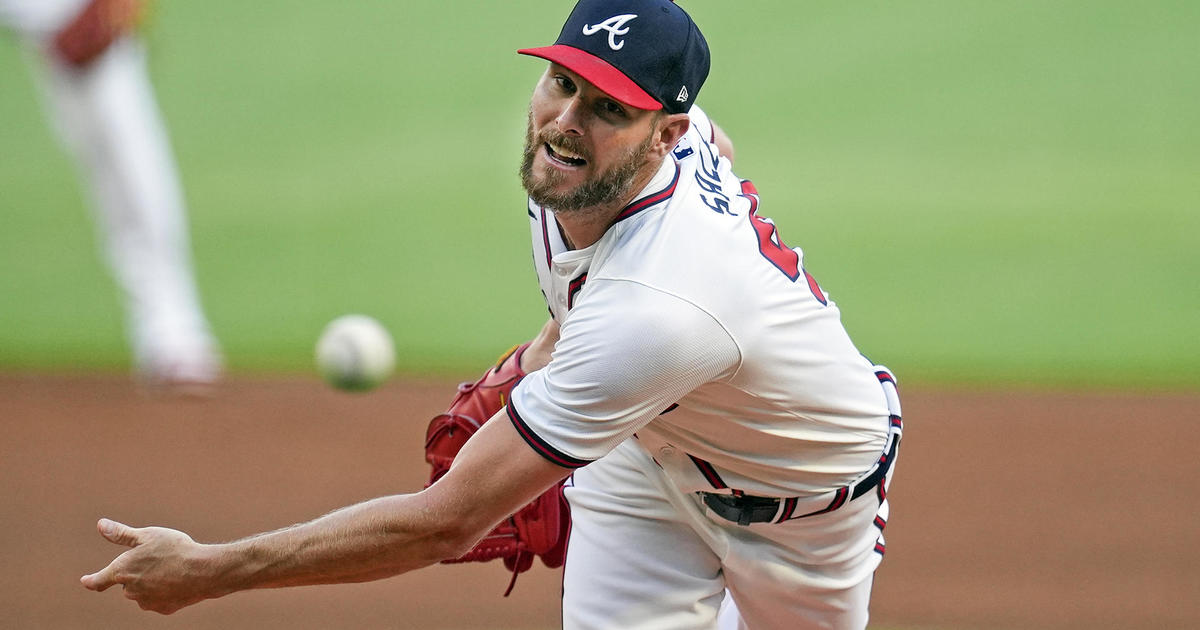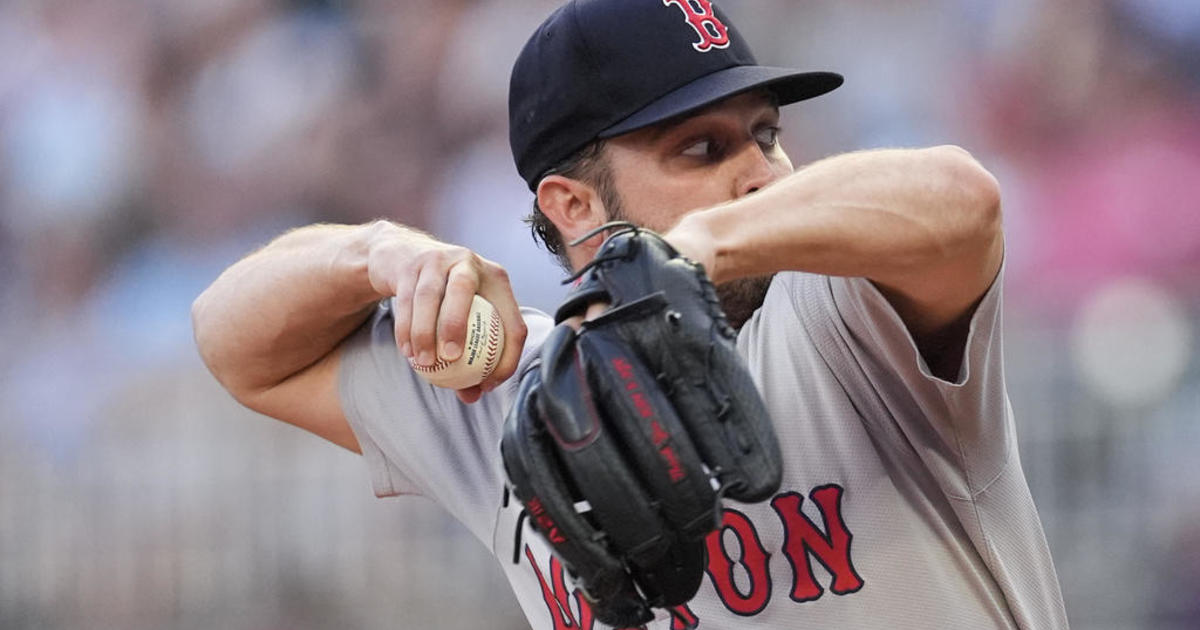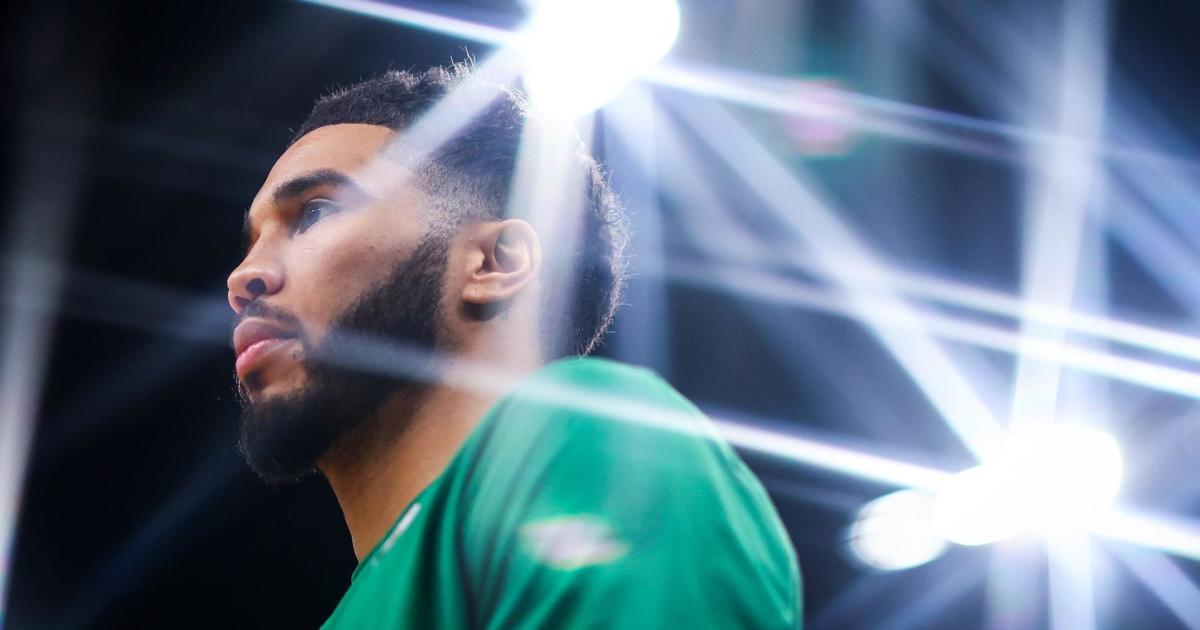John Henry, Red Sox ownership drawing criticism for team's lackluster roster management
BOSTON -- The person in charge of executing contracts and trades is typically the person in the spotlight. For the Red Sox, that person is Chaim Bloom, a man with a fair share of critics following a few years' worth of unimpressive decisions.
But in a not-quite-scathing-but-nevertheless-pointed column for The Athletic, Ken Rosenthal directed a large amount of that blame toward the ownership group, led by John Henry.
"The Red Sox under owners John Henry, Tom Werner and Co.? They've failed to react to a changing marketplace, one in which stars are getting decade-long deals," Rosenthal wrote. "Dating back to Mookie Betts, the Sox owners have been averse to such contracts. They will need to adjust their philosophy to compete for top talent, including their own third baseman, Rafael Devers. Otherwise, they will need to trust Bloom to thread the needle, which he has not been successful at doing."
Rosenthal noted that the Red Sox are currently 12th in cash payroll and 14th in luxury-tax payroll, while "virtually all of the best players" in free agency have already signed with teams.
Red Sox president and CEO Sam Kennedy told Rosenthal that ownership is "always involved in big-money moves," a notion that feels relevant after Bogaerts departed via free agency and after Jeter Downs was DFA'd, shining a brighter light on the weak return the Red Sox received for Mookie Betts in 2020.
Whether it was ownership or Bloom that couldn't quite decide to buy or sell at the 2022 trade deadline is unclear. Yet, as Rosenthal notes, the team hanging on to J.D. Martinez and Nathan Eovaldi for a playoff run ended up keeping them above the luxury tax threshold, which will cost them positioning in the draft. (Martinez has since signed with the Dodgers in free agency, while Eovaldi remains a free agent.)
While the blame for that confusing trade deadline cannot be properly ascribed from the outside, Rosenthal said the overall state of the Red Sox falls back on ownership.
"Any analysis of [Bloom's] shortcomings should start with the people who manage the Red Sox's purse strings, the people who hold the ultimate power," Rosenthal wrote. "It was ownership that hired Bloom to bring Rays-like efficiency to the Sox, ownership that bears the most responsibility for losing Betts, ownership that failed to go beyond $160 million for Bogaerts and is now on the clock with Devers, who is entering his walk year."
Rosenthal isn't alone, of course. Dan Shaughnessy of The Boston Globe referred to the loss of Bogaerts as "ownership/front office malpractice."
"The Red Sox, a team that has quadrupled in value since John Henry and friends bought it 21 years ago, are no longer competing with the Yankees, Dodgers, Cubs, Phillies, or even Padres," Shaughnessy wrote. "They are charging you the highest prices in baseball to go to a game at Fenway Park, but they won't go big on talent anymore. No more splashes. The Sandoval-Hanley-Rusney-Price-Sale mistakes damaged ownership and in 2019 a new philosophy was born: sell 'the illusion' of contention. Try to win 85 games and maybe you'll get lucky and hot in September/October. Tell the fans you are all about draft and development now — like the Rays. Tell them you want to win every year. Not just some years."
A week later, Shaughnessy wrote that Red Sox manager Alex Cora may no longer want to "put up with Red Sox ownership putting value and payroll flexibility above winning."
At 98.5 The Sports Hub's website, radio host Tony Massarotti -- who also does color commentary for Red Sox games on NESN -- wrote this after Bogaerts signed in San Diego: "Red Sox owners and operators aren't stupid, folks. Quite the contrary. But they might very well think you are."
In the Boston Herald, Jason Mastrodonato pointed out that John Henry has been responsible for much of the Red Sox' current predicament, while also wagging a finger at the owner for standing to make billions of dollars in a potential sale of the team after the team made employees take pay cuts during COVID, reversed that decision after public pressure, then laid off some employees later that year.
"Honesty, decisiveness and straight-forward communication hasn't exactly been [ownership's] calling card," Mastrodonato wrote.
Obviously, the Red Sox won four World Series under this ownership group. That came after more than eight and a half decades of heartbreak. Nobody has ever diminished the impact that the Henry ownership group has had on the Red Sox, the city of Boston, and the New England region in general.
At the same time, all of that winning did establish a certain standard and a high level of expectations. The perception at this moment in time is that ownership and the front office together are not coming close to meeting that standard, and the complaints and criticisms aren't just coming from fans who want to win. They're coming from reporters and media members who are sharing in that well-reasoned feeling of doubt about the Red Sox' overall plan.



